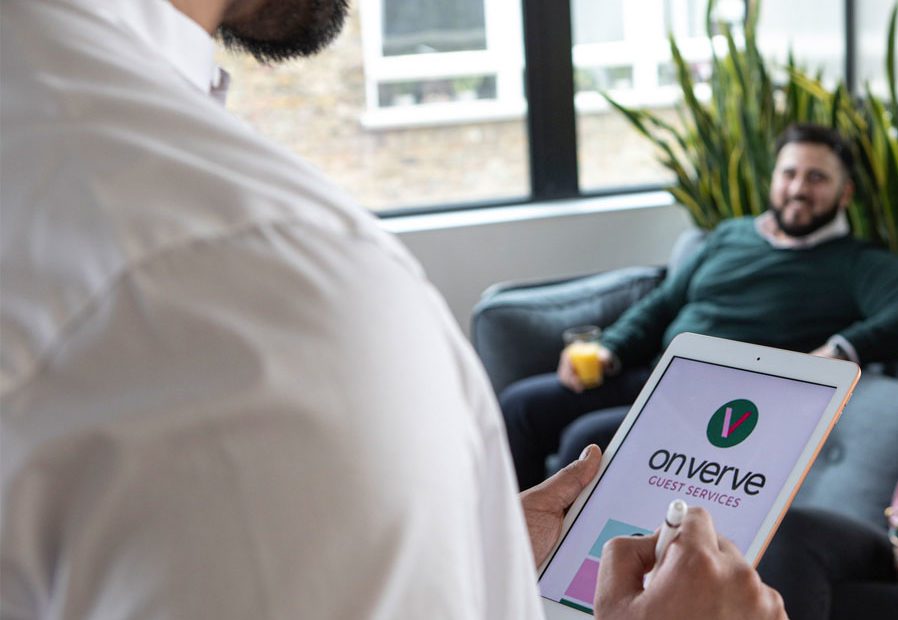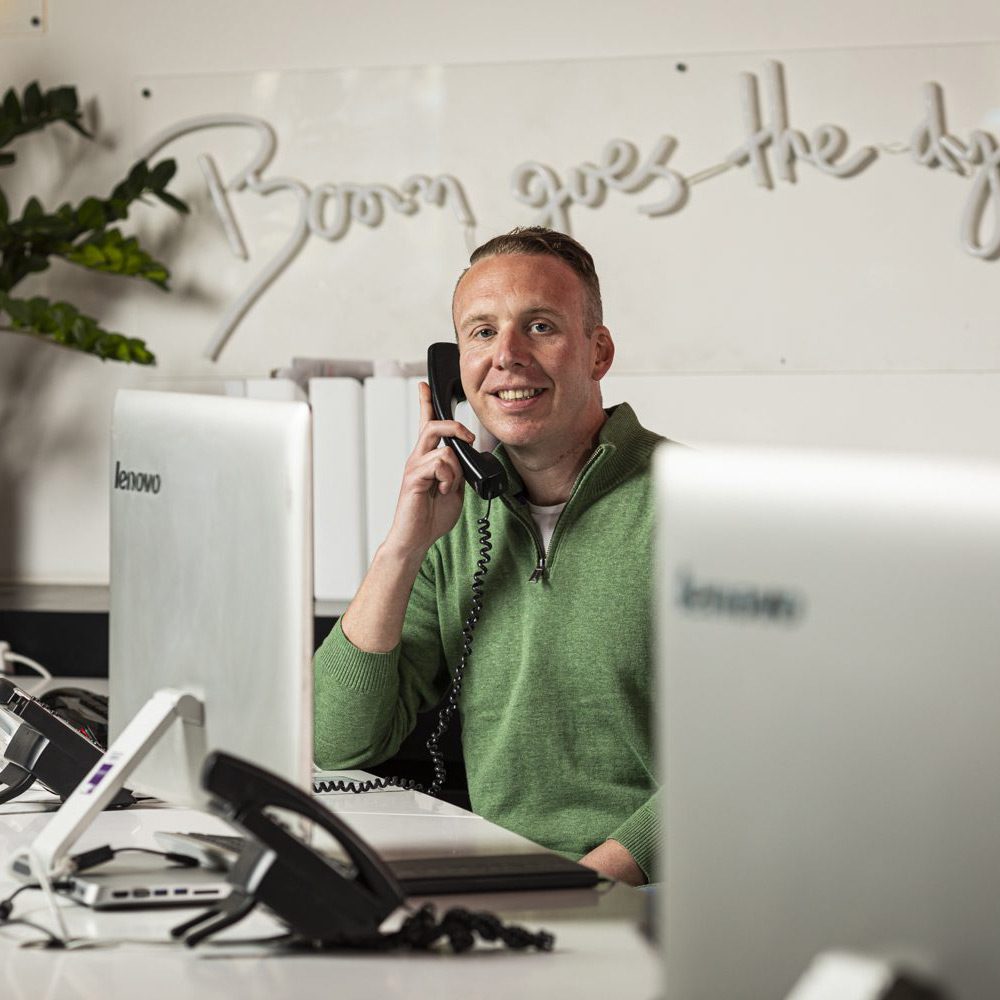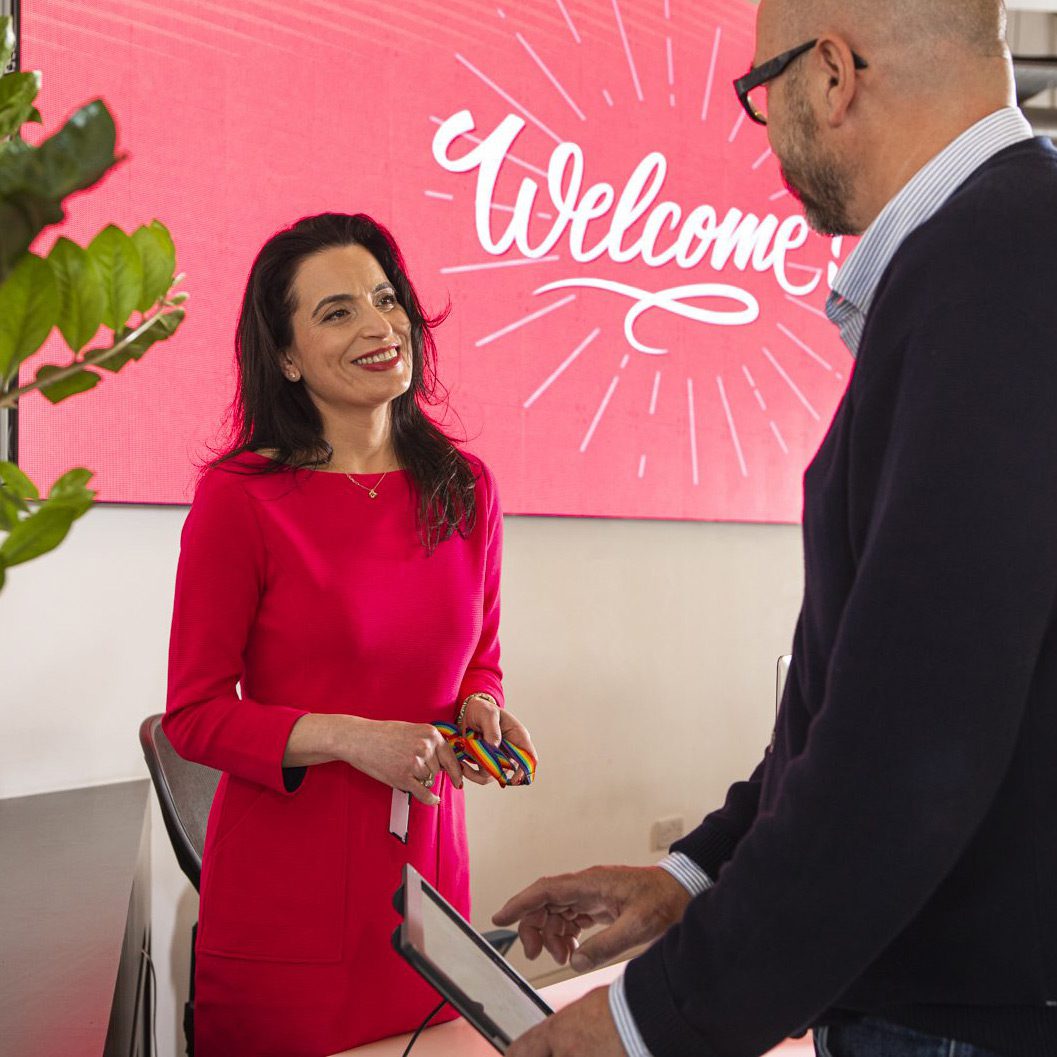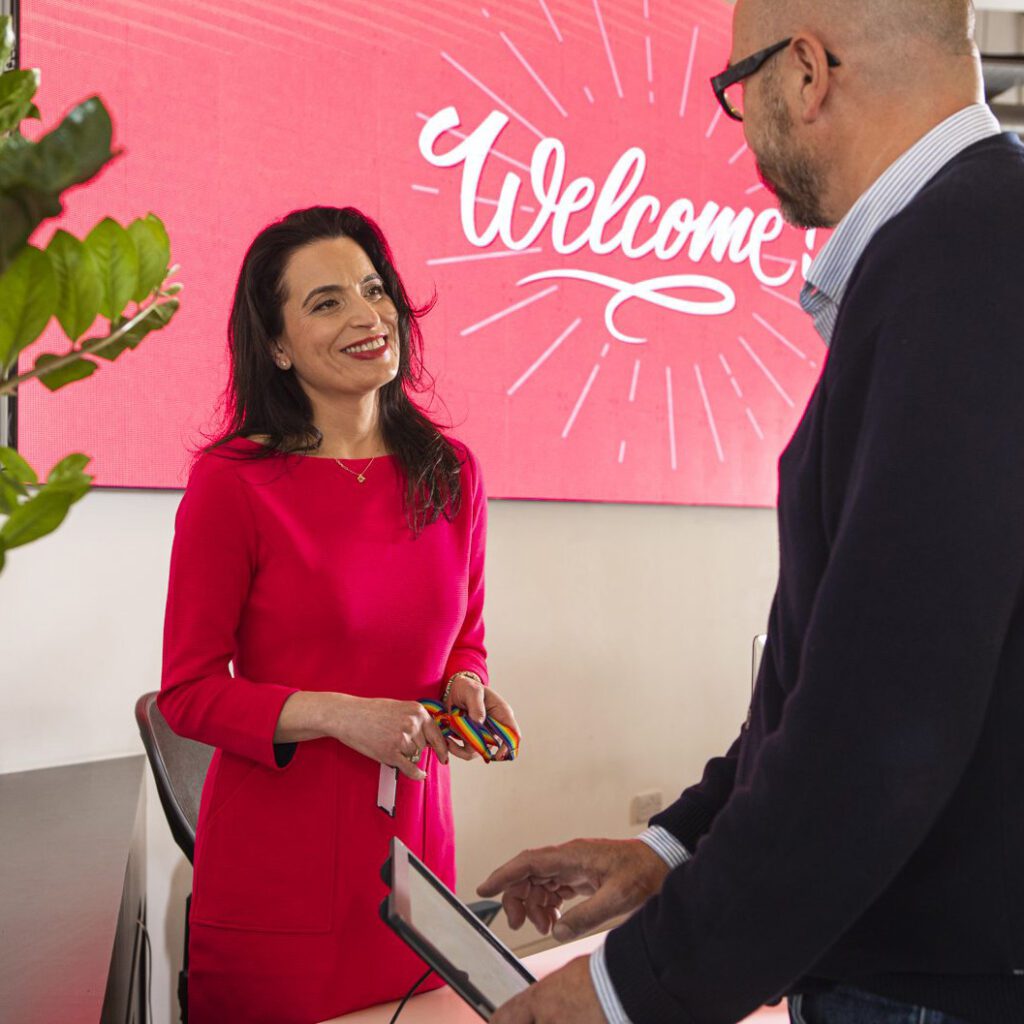Diversity and inclusion are high on the agenda for many UK businesses, and for objectives to be met, companies need a robust plan that includes how they communicate with their teams and provide ongoing support for employees.
It’s estimated that around one in seven people in the UK are neurodiverse – about 15 per cent of the population. Despite this, a CIPD poll in 2018 found that just one in ten organisations considered neurodiversity in their people management practices.
What is neurodiversity and why is it important?
Simply put, neurodiversity is about the different ways that the brain functions, learns and interprets information. Some of the more well-known neurodiverse conditions are autism, ADHD, dyslexia, and epilepsy.
Neurodiverse people are on a wide-ranging scale of hyper and hypo sensitivity. Any number of environmental factors can be challenging, including sound, lighting, temperature, the number of people in a space, proximity to others, confined or closed spaces, lack of enclosure, patterns, colours, and texture.
This can make workplaces quite daunting spaces to be in for neurodiverse individuals, so it is important they are supported as best as possible. This is where the front-of-house (FOH) team comes in!
How to support neurodiverse individuals
One on the main remits for our teams at On Verve is to treat every employee and guest as an individual. We embed ourselves within our client organisations get to know each person. In that sense, we already appreciate that everyone is diverse, whether they have a neurodiverse condition or not.
The best way to have your front-of-house teams supporting the neurodiverse among you is to educate and train people on these conditions. We have an extensive library of in-house and external training resources, including podcasts, videos, and short courses.
I’ve found that rather than pushing staff to undertake training, if we simply offer a wide range of resources and make staff aware of them, they are more than happy to explore the options and use the resources they find most useful.
Knowing when and how to offer support to visitors can be trickier as FOH teams won’t have had the chance to build a relationship in the way they do with an employee. It comes down to reading the room and being intuitive. You might be able to pick up on dyslexia if a guest email contains noticeable spelling mistakes, or a guest that appears flustered upon arrival might benefit from being taken to their destination within the building.
This is where already adopting a personal approach can be helpful. If your FOH team makes a point of escorting every guest to their destination, then they’ll automatically be supporting any neurodiverse guests that need that bit of support.
It’s also vital to remember that neurodiverse people are not fragile and don’t need handholding. They often just need to be engaged with in a slightly different way. We all have these skills already. We engage differently with our clients, our friends, and our families. It’s just a case of tweaking those skills again when supporting neurodiverse people.
Neurodiversity in the workplace
Many companies are adapting their workplaces in the era of hybrid working or developing strategies to do so. There’s never been a better time to ensure that neurodiverse needs are considered in these plans.
However, we must avoid creating zones specially for neurodiverse individuals as this has the potential to increase stigma. Rather, we must create spaces that are to be used by all employees. After all, you don’t need to have a sensitivity to light or noise to appreciate working in a quiet area with controlled lighting.
These areas need to be communicated effectively to the entire team, not just to highlight their neurodiverse-friendly features, but also to ensure their use is understood by all. Often, these office space subsets are created as per the current trends in office design without communicating with employees what the space is for and how it should be used.
Once again, when supporting all employees and guests, but especially those with neurodiversity, clear and effective communication is the best solution. Your front-of-house teams can be prepared and trained to support the neurodiverse by offering a great standard of service provision, which is exactly what we strive for at On Verve.
On Verve are fundraising for The Brain Charity who help people affected by all forms of neurological condition to lead longer, healthier, happier lives. Find out more and show your support here.





